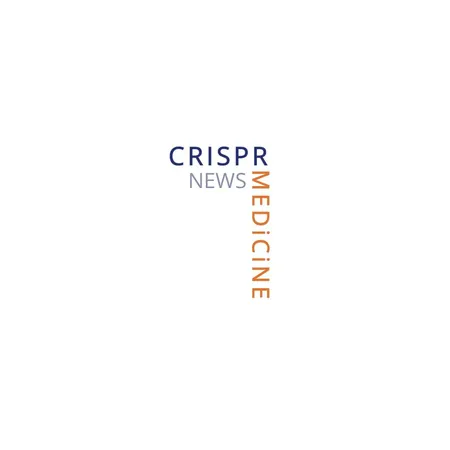
Groundbreaking Discovery: Gene Variant Uncovered as Major Cause of Early Miscarriages in Women!
2024-11-22
Author: Siti
Introduction
In a groundbreaking development that could transform our understanding of infertility, researchers from Rutgers University-New Brunswick have identified a significant gene variant directly associated with early miscarriages in women. This pivotal discovery sheds light on the genetic underpinnings of reproductive issues, presenting new avenues for women facing fertility challenges.
Key Findings
The study reveals that this gene variant contributes to accelerated reproductive aging—a condition that leads to an increased production of abnormal eggs, subsequently culminating in miscarriages. This insight allows for proactive measures, enabling women to better navigate their reproductive strategies and fertility treatments, researchers emphasized.
Expert Insights
Karen Schindler, a noted author of the study and a prominent professor in the Department of Genetics at Rutgers, stated, “Understanding the genetic factors that lead to egg abnormalities has been a longstanding challenge. Our findings signify a monumental leap in this domain, offering the most substantial validation of a genetic variant linked to these complications.
Research Publication
The researchers detailed their findings in the prestigious journal *Proceedings of the National Academy of Sciences*, pinpointing a specific mutation in the kinesin protein gene KIF18A. This mutation, differing from its non-mutated counterpart by a mere single amino acid, was shown to accelerate egg aging in younger women, resulting in diminished fertility prospects.
Significance of Quality Eggs
Quality eggs are critical for successful reproduction, with many miscarriages stemming from the presence of aneuploidy—an irregular number of chromosomes in eggs. As women age, the likelihood of producing aneuploidy increases, but women carrying this genetic variant experience even earlier deterioration in egg quality.
Understanding High Embryonic Aneuploidy
The phenomenon, dubbed “high embryonic aneuploidy,” is observed in these women, as their eggs age more rapidly than normal. The research team, led by Professor Jinchuan Xing, conducted an extensive computational analysis of genetic data sourced from a biobank associated with an in vitro fertilization clinic. Their findings indicated that many women with abnormal eggs possessed the KIF18A mutation, with subsequent experiments on mice engineered with this genetic variant confirming a propensity for producing a higher number of abnormal eggs at an accelerated pace.
Causal Relationship
“This is not just correlation; it’s a clear causal relationship,” affirmed Leelabati Biswas, co-first author of the study and a member of the M.D.-Ph.D. program at Rutgers. “Our results offer robust confirmation of our computational analysis.”
Future Research
As this research opens new pathways for exploration, Schindler and Biswas envision uncovering additional gene variants linked to aneuploidy which could expand the understanding of reproductive health. “This is just the beginning,” Biswas explained. “We’re moving toward a future where women can benefit from precision medicine informed by targeted genetic insights concerning their reproductive options.”
Empowerment Through Knowledge
Knowledge of possessing this genetic variant could empower women to make informed decisions about family planning. For those who know they might face age-related infertility prematurely, the opportunity to have children sooner or to freeze their eggs while still younger presents crucial options. Schindler noted, 'If you understand your genetic risks, starting your family at age 28 rather than 32 could significantly increase your chances of success.'
Conclusion
This exciting research not only offers a glimmer of hope to women facing fertility challenges, but also paves the way for more personalized reproductive healthcare strategies.
Looking Ahead
Stay tuned as we track subsequent discoveries that could redefine fertility treatments and empower women with essential knowledge for their reproductive journeys!


 Brasil (PT)
Brasil (PT)
 Canada (EN)
Canada (EN)
 Chile (ES)
Chile (ES)
 España (ES)
España (ES)
 France (FR)
France (FR)
 Hong Kong (EN)
Hong Kong (EN)
 Italia (IT)
Italia (IT)
 日本 (JA)
日本 (JA)
 Magyarország (HU)
Magyarország (HU)
 Norge (NO)
Norge (NO)
 Polska (PL)
Polska (PL)
 Schweiz (DE)
Schweiz (DE)
 Singapore (EN)
Singapore (EN)
 Sverige (SV)
Sverige (SV)
 Suomi (FI)
Suomi (FI)
 Türkiye (TR)
Türkiye (TR)